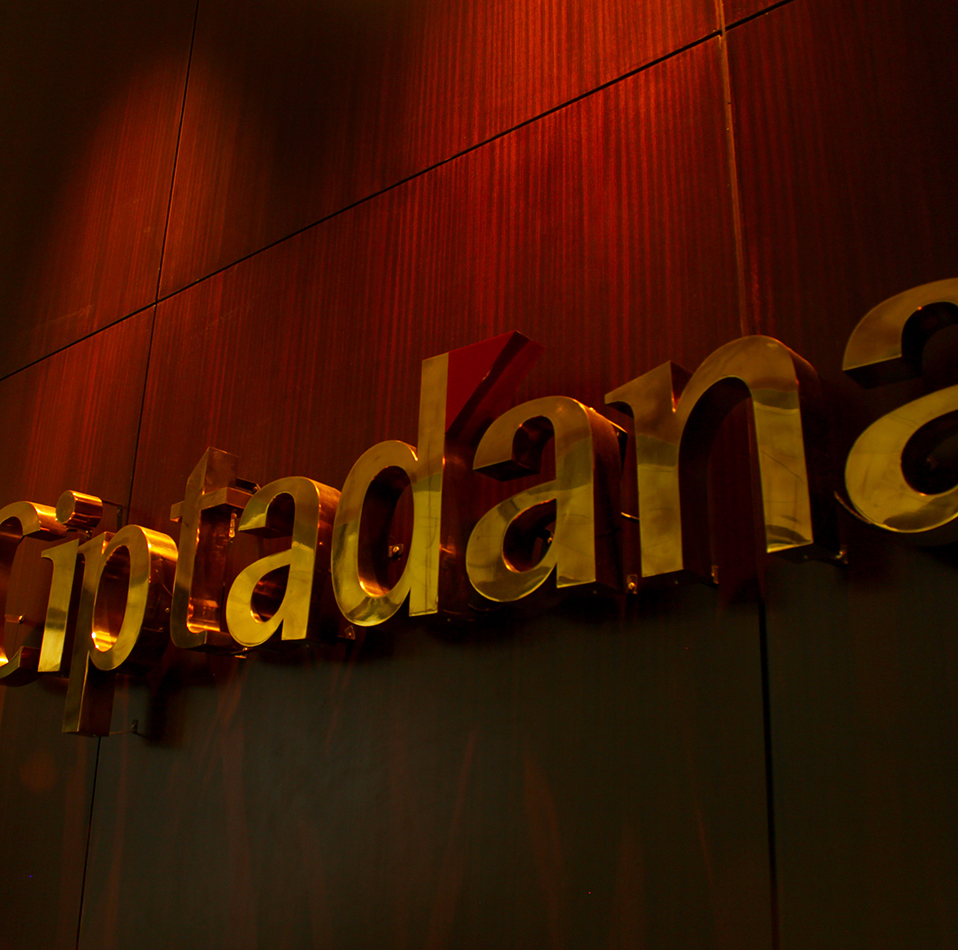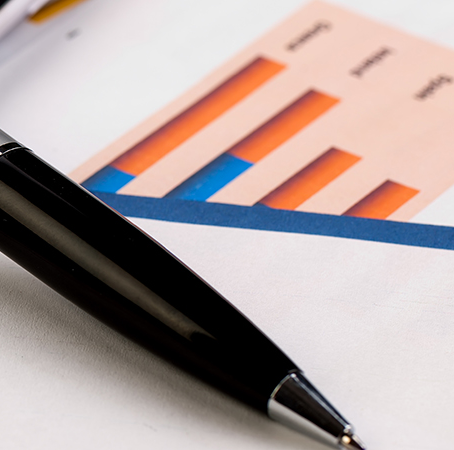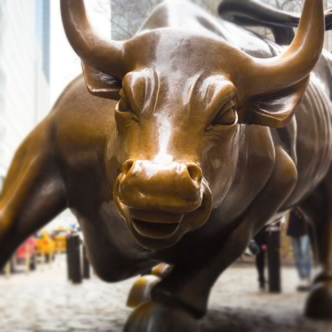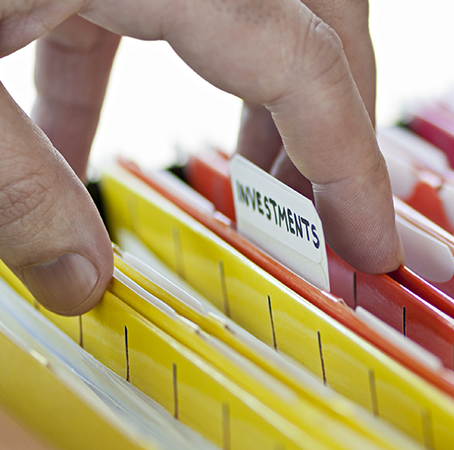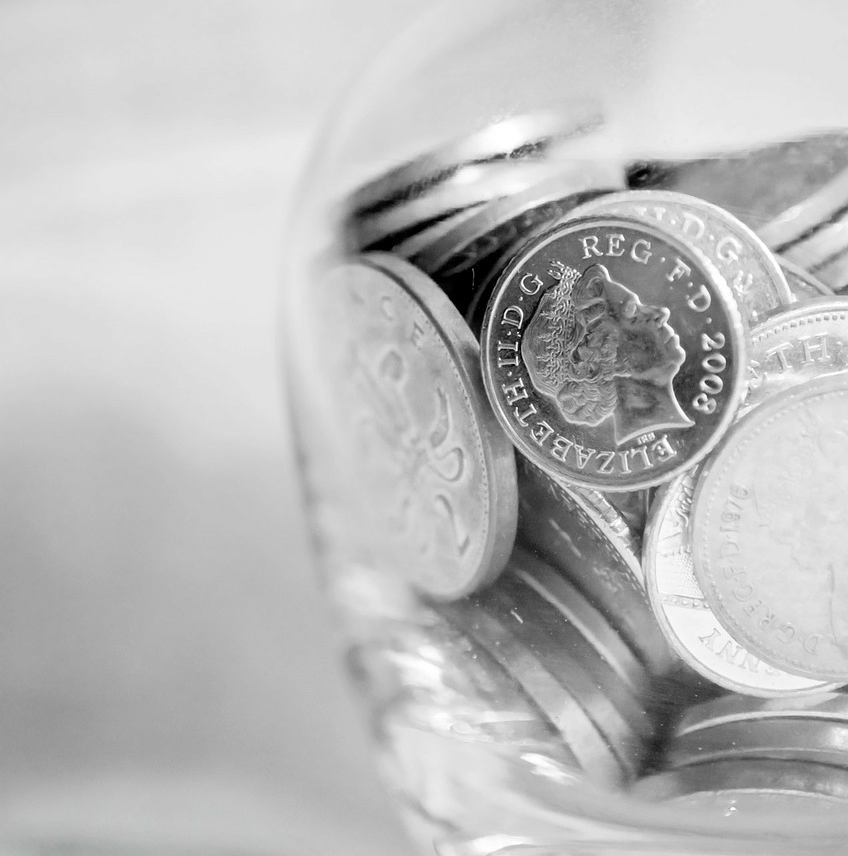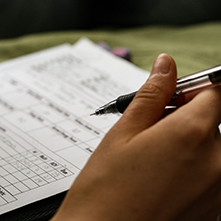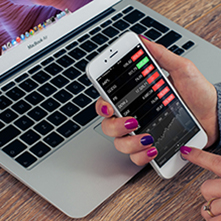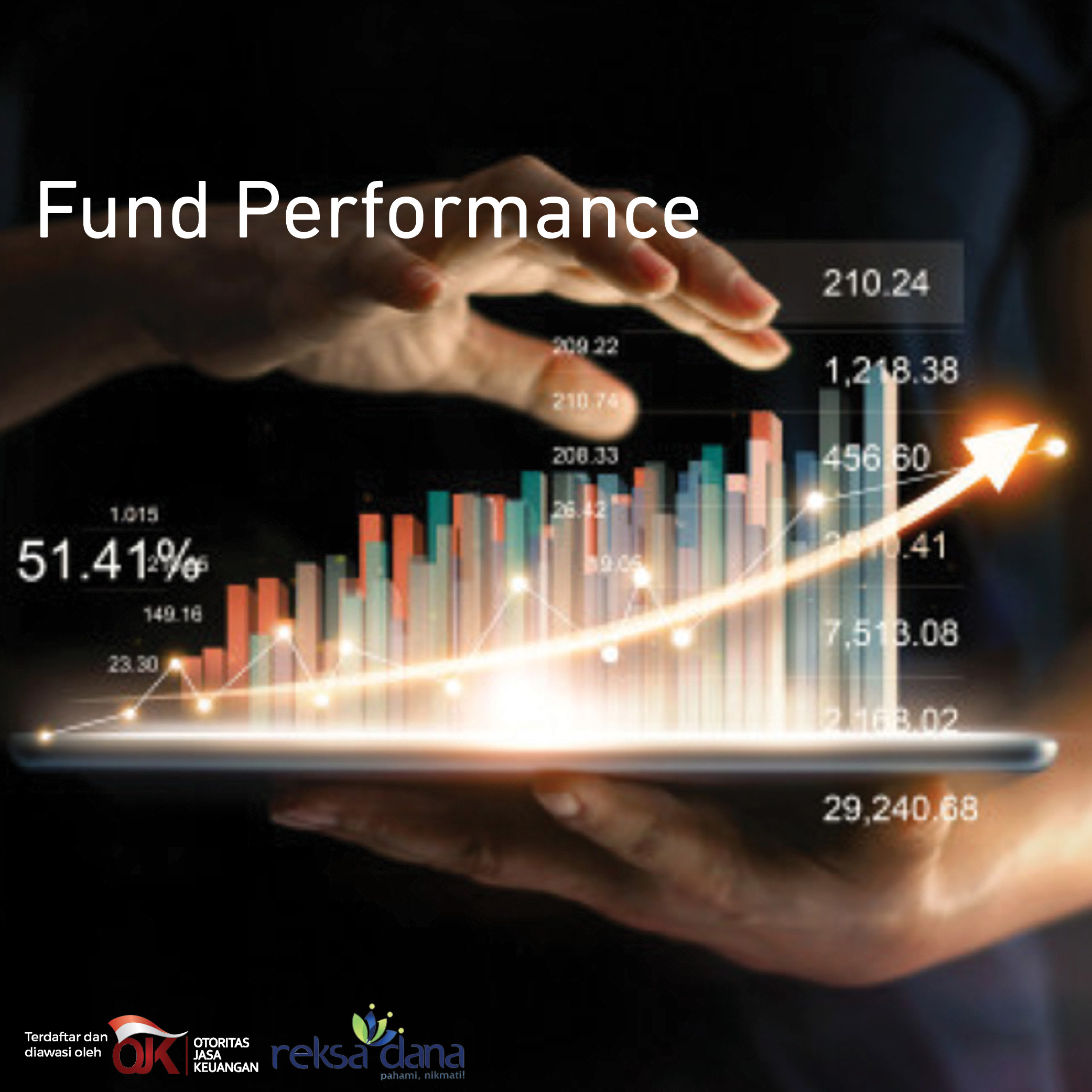Contraction at 2.07% YoY in FY 2020
Market heaves a sigh of relief that the daunting contractions over each quarter in 2020 have stabilized with a better trend. In 2020, the GDP growth was -2.07% YoY (vs. +5.02% YoY in FY 2019). It was better than consensus at -2.10% YoY but still worse than our estimate at -1.77% YoY. Similar, the growth in 4Q20 was at -2.19% YoY (vs. -3.49% YoY) or better than consensus at -2.30% YoY but it was way lower than our estimation at -0.99% YoY. On positive note, the contraction was not bad as the market saw before. This sparks new hope that the economy may recover better in 2021. Thus, we still maintain our estimate of the growth in 2021 will be at 4.54% YoY.
First contraction in 2 decades
Indonesia's last annual contraction was in 1998 amid the Asia Financial Crisis where it fell by 13.1% YoY. Contraction in 4Q20 also created 3 consecutive quarters of contraction. Statistics Indonesia (BPS) recorded the GDP in 4Q20 at Rp3,929 tn of nominal GDP or Rp2,709 tn of real GDP. As the result, GDP per capita decreased by 6.31% YoY to Rp56.9 mn/capita (USD3,911/capita). The most two significant components of GDP, household consumption and GFCF (investment), contracted as well by -3.91% and -8.15% YoY.
Relying on household consumption
Household consumption still plays the most important role as it contributes 57.7% to GDP. With stable growth around 5.08% over years, food and beverages except restaurant still contributed the most to the household consumption but it plunged to -3.61% YoY in 4Q20. Amid the pandemic, 2 out of 7 household consumption components grew positively:
Housing & Household Supplies (+0.71% YoY) and Health and Education (+0.64% YoY). By being at home most of the time, people tend to shift the consumption on household appliances more. Besides, the pandemic makes people to be more aware and take precautionary actions such as buying vitamin and other medications.
Relying more on government consumption
Around 9% of GDP comes from government spending. In 4Q20, government spending is the only component in GDP that grew positively, at 1.76% YoY (FY 2020 at 1.94% YoY). There was increase of this spending from 3Q20 to 4Q20 as well by 27.2% QoQ. At first, we estimated the government spending will be at 3.39% YoY but it was overstated due to the lower realization of National Economic Recovery (PEN) program budget at 83.4% of its Rp695.2 tn PEN budget in 2020. Considering the wider fiscal deficit, the government maintained the spending below its expenditure target. Fiscal expansionary policy is more needed amid the pandemic and the government has made a good call on this by increasing the government expenditure by 12.2% YoY to Rp2,589 tn (94.6%% of the revised state budget target of Rp2,739.2 tn) in 2020.
K-shaped recovery remains
Every business sectors struggled in 2020. Overall, only 3 out of 17 sectors that contracted on quarterly basis. It means the majority have succeeded to grow in 4Q20. Related to the K-shaped recovery, the sectors slipping on the downward direction in K letter have flattened slightly. In other words, the recovery has been getting more obvious in 4Q20. In 2020, the biggest share to GDP came from Manufacture (19.9%), Agriculture, Forestry and Fishery (13.7%) and Trade (12.9%). In terms of growth, the highest growth came from Healthcare and Social Activity (11.6%), Information and Communication (10.6% YoY) followed by Water Supply, Waste Management and Recycling (4.94% YoY).
Maintaining BI rate at current level
Recovery is certain, but every countries show different path of recovery. To spur the growth domestically, every monetary authorities set their interest rates low. As long as the low rate regimes remain, Bank Indonesia (BI) needs no sweating out to keep the capital inflow and the stable exchange rate. However, BI needs to be aware to the threat from the countries that recover first as they tend to increase their interest rates eventually. Anyway, we see this taper tantrum threat is nowhere near. Thus, we see BI will keep the rate unchanged at 3.75% in 1Q20 amid the rising inflation as well.

